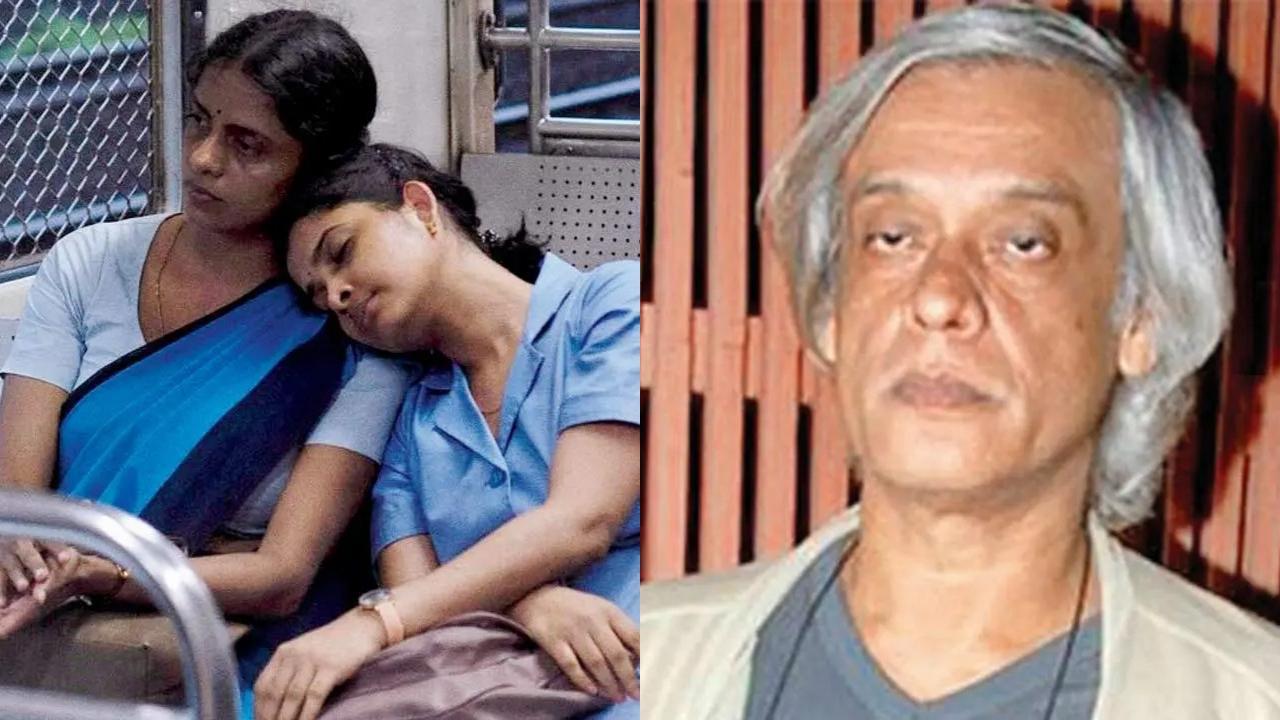
There are no pre-release jitters for Sudhir Mishra as the second season of Tanaav drops today. The director is confident of the thriller—an adaptation of the popular Israeli show, Fauda—that is set in Kashmir. To tell a story involving Kashmir politics, he has a fundamental approach. “Luckily, I know my country. I am inquisitive, I travel and meet people not just for the sake of making something, but for its own sake. Also, I follow the craft of filmmaking, which means every character should be nuanced. I listen to the characters, and people of Kashmir. I don’t sensationalise. I am not coming into it with any agenda. Neither is there a need to create a jingoistic piece in order for it to become a hit,” he says.
Manav Vij in Tanaav
Over the past few years, there has been a surge in political films. Does it pain him to see thinly-veiled propaganda films or political stories that sensationalise? Absolutely, says Mishra. “It is sad. Why do young, talented people submit to other forces? They should stay true to their calling. Some people aren’t faithful to their own talent. I’m not here to ban anyone. I am not that white campus American liberal who thinks no one else can talk. I’m not woke; I’m a leftist. I am not here to fulfill any agenda.”
Sudhir Mishra
In the post-pandemic years, mid-budget films have struggled to find their deserving place on the big screen—be it Mishra’s last theatrical release Afwaah (2023), or Kiran Rao’s gem Laapataa Ladies that was rediscovered on OTT. In the current climate of horror comedies and franchises, where does it leave smaller films? “The problem is theatrical releases are expensive. I’ve always said that films are a public service. Film theatres should be tax-free. There has to be space for all kinds of films. If somebody likes RRR [2022] or Pushpa, so be it. But there should be space for other films too, like All We Imagine as Light and Kennedy. There should be space for smaller voices. Why do the big boys want everything? Let Payal Kapadia’s film be shown,” he urges.
The director wants more female filmmakers to come to the fore. Critiquing the industry for not encouraging diverse voices, he says, “Women have told stories with great difficulty. Does the industry applaud them? No. They will say put women’s films in a festival. We need to pat them, not patronise them. Women filmmakers are much better than most of the men. All We Imagine as Light should have one good show in every town. We don’t encourage talent; we get scared of it.”
